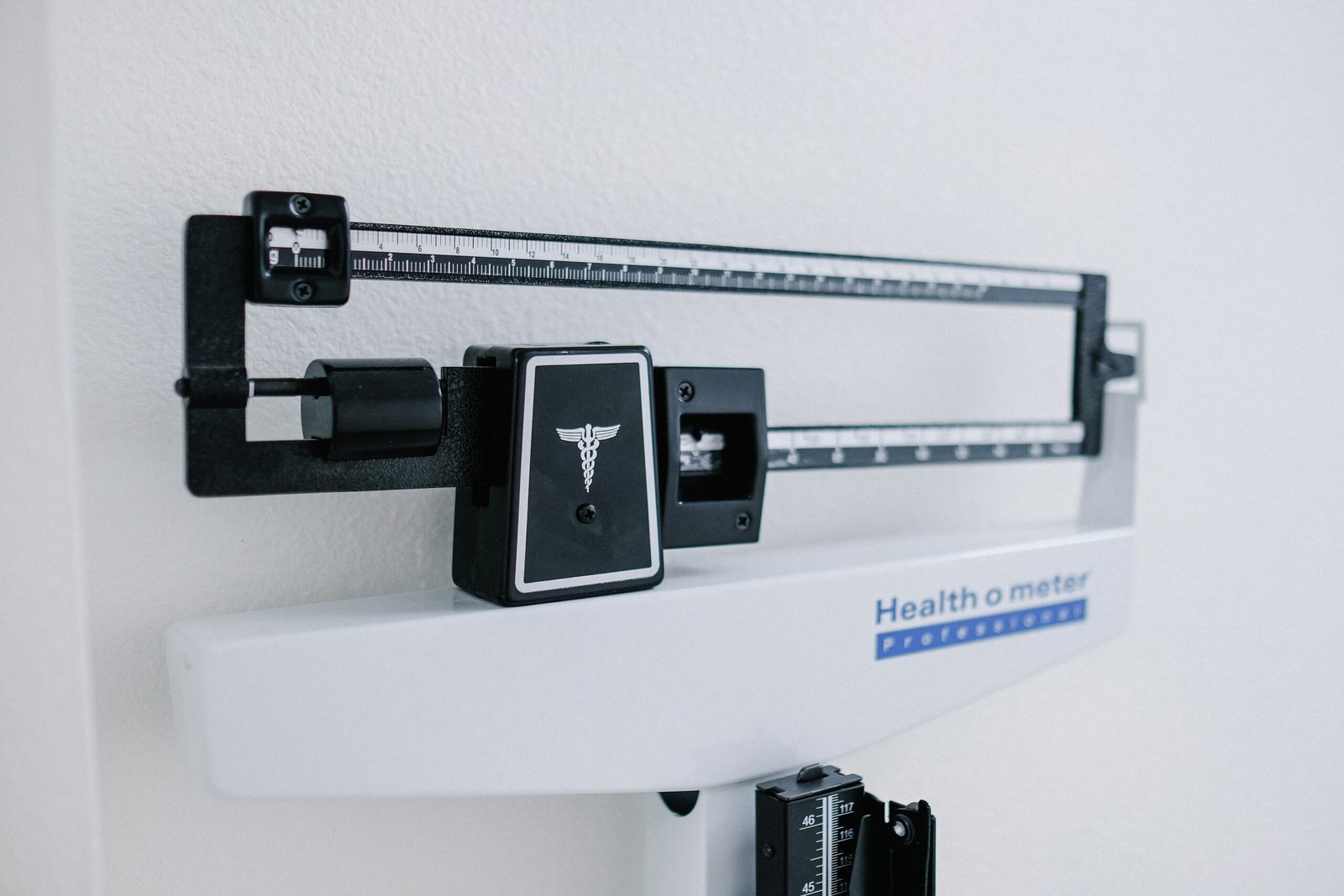One of the most important factors to consider when evaluating a diet for weight loss is its sustainability. Many diets promise quick results, but they often rely on extreme restrictions or eliminate entire food groups, making them difficult to maintain in the long term. While you may see initial weight loss with these types of diets, research has shown that the majority of people regain the weight once they resume their normal eating habits.
Instead of focusing on short-term fixes, it is crucial to adopt a diet that is based on sound nutritional principles and can be sustained over time. This means finding a balance between consuming enough calories to fuel your body’s needs while creating a calorie deficit to promote weight loss. It also involves incorporating a variety of nutrient-dense foods, such as fruits, vegetables, whole grains, lean proteins, and healthy fats.
Another aspect to consider when choosing a weight loss diet is its impact on overall health. While shedding pounds may be the primary goal, it is essential to prioritize your well-being and choose a diet that supports your overall health. A diet that is rich in whole foods and minimizes processed and refined foods can provide the necessary nutrients for optimal health.
Additionally, research has shown that certain diets, such as the Mediterranean diet and the DASH (Dietary Approaches to Stop Hypertension) diet, have been associated with numerous health benefits, including a reduced risk of heart disease, diabetes, and certain types of cancer. These diets emphasize consuming plenty of fruits, vegetables, whole grains, lean proteins, and healthy fats, while limiting processed foods, added sugars, and unhealthy fats.
It is also important to consider individual preferences and lifestyle when choosing a weight loss diet. A diet that works for one person may not work for another, and it is crucial to find an approach that suits your tastes, cultural background, and daily routine. This can help increase adherence and make it easier to maintain the diet in the long term.
In conclusion, the best diet for weight loss is one that is sustainable, promotes overall health, and aligns with individual preferences and lifestyle. It is essential to focus on long-term habits rather than quick fixes and to prioritize overall well-being. By making informed choices and seeking guidance from healthcare professionals or registered dietitians, you can find a diet that works for you and supports your weight loss goals.
Understanding Weight Loss
Before diving into the specifics of different diets, it’s important to understand the fundamental principles of weight loss. At its core, weight loss occurs when you consume fewer calories than your body needs, leading to a calorie deficit. This deficit forces your body to tap into its stored fat reserves, resulting in weight loss over time.
While the concept of calorie deficit remains constant, the approach to achieving it can vary greatly from one diet to another. Some diets focus on reducing certain macronutrients, such as carbohydrates or fats, while others emphasize portion control or specific food groups. The key is finding a diet that suits your preferences, lifestyle, and overall health goals.
When it comes to reducing certain macronutrients, such as carbohydrates or fats, the idea is to limit the intake of these nutrients in order to create a calorie deficit. This can be done by cutting out high-carb foods like bread, pasta, and sugary snacks, or by reducing the consumption of fatty foods like fried items and processed snacks.
On the other hand, diets that emphasize portion control focus on regulating the amount of food you eat rather than restricting specific nutrients. This approach allows you to enjoy a wide variety of foods, but in smaller portions. By being mindful of portion sizes, you can still satisfy your cravings while maintaining a calorie deficit.
Some diets also emphasize specific food groups, such as the Mediterranean diet which emphasizes fruits, vegetables, whole grains, lean proteins, and healthy fats. This approach promotes a balanced and nutrient-rich diet, providing your body with the necessary nutrients while still creating a calorie deficit for weight loss.
Ultimately, the key to successful weight loss lies in finding a diet that suits your individual needs and preferences. It’s important to consider factors such as your lifestyle, food preferences, and any underlying health conditions when choosing a diet. Consulting with a healthcare professional or registered dietitian can also be helpful in determining the best approach for you.
Furthermore, the Mediterranean diet is not overly restrictive, making it more sustainable in the long term. Unlike fad diets that eliminate entire food groups or severely restrict calorie intake, the Mediterranean diet encourages a balanced approach to eating.
Another key aspect of the Mediterranean diet is its focus on social and cultural aspects of eating. In Mediterranean countries, meals are often enjoyed with family and friends, and food is savored and enjoyed. This emphasis on mindful eating can contribute to a healthier relationship with food and prevent mindless snacking or emotional eating.
In addition to its physical health benefits, the Mediterranean diet has also been linked to improved mental health. The consumption of omega-3 fatty acids found in fatty fish like salmon and sardines, as well as walnuts and flaxseeds, has been associated with a reduced risk of depression and improved cognitive function.
It is important to note that while the Mediterranean diet is a well-rounded and nutritious eating pattern, it may not be suitable for everyone. Individuals with specific dietary restrictions or health conditions should consult with a healthcare professional before making any significant changes to their diet.
In conclusion, the Mediterranean diet offers a balanced approach to eating that emphasizes whole, unprocessed foods and encourages moderation. Its numerous health benefits, including weight loss, reduced risk of chronic diseases, and improved mental health, make it a popular choice for those looking to improve their overall well-being. By adopting the principles of the Mediterranean diet, individuals can enjoy delicious and nutritious meals while promoting their health and longevity.
The Flexibility of Intermittent Fasting
Another approach to weight loss that has gained popularity in recent years is intermittent fasting. Unlike traditional diets that focus on what you eat, intermittent fasting focuses on when you eat.
Intermittent fasting involves alternating between periods of fasting and eating. There are several different fasting protocols, but the most common ones include the 16/8 method, where you fast for 16 hours and eat within an 8-hour window, and the 5:2 method, where you eat normally for 5 days and restrict calories to 500-600 on 2 non-consecutive days.
Studies have shown that intermittent fasting can be an effective tool for weight loss. By restricting the eating window, this approach naturally reduces calorie intake and promotes a calorie deficit. Additionally, intermittent fasting has been found to improve insulin sensitivity, promote fat burning, and preserve lean muscle mass.
One of the key advantages of intermittent fasting is its flexibility. It can be adapted to suit individual preferences and lifestyles. Some people find it easier to skip breakfast and have their first meal later in the day, while others prefer to have an early dinner and fast through the night. The flexibility of intermittent fasting makes it a sustainable option for long-term weight management.
Moreover, intermittent fasting can be customized to fit specific dietary needs or goals. For example, individuals following a ketogenic diet can combine intermittent fasting with their low-carb, high-fat eating plan to achieve greater fat-burning benefits. By extending the fasting period, the body is forced to rely on stored fat for fuel, which can help accelerate weight loss and improve overall body composition.
Intermittent fasting can also be easily incorporated into a busy schedule. Unlike other diets that require meticulous meal planning and preparation, intermittent fasting allows for more freedom and simplicity. Instead of spending hours in the kitchen, individuals can focus on their daily tasks and responsibilities without the constant worry of meal timing and food choices.
Additionally, intermittent fasting can have positive effects on overall health and well-being. Research has shown that it may help reduce inflammation, lower blood pressure, improve brain function, and even increase lifespan. These benefits extend beyond weight loss and make intermittent fasting an attractive option for those looking to improve their overall health.
In conclusion, intermittent fasting offers a flexible and adaptable approach to weight loss and overall health improvement. Its various fasting protocols can be tailored to individual preferences and dietary needs, making it a sustainable and effective long-term strategy. Whether it’s skipping breakfast or having an early dinner, intermittent fasting provides the freedom to choose the eating pattern that works best for each person, making it a valuable tool in the journey towards a healthier lifestyle.
Plant-Based Diets: Nourishing and Weight-Loss Friendly
Plant-based diets, which focus on consuming predominantly plant foods while minimizing or eliminating animal products, have gained significant popularity in recent years. These diets include vegetarian, vegan, and even more flexible approaches like the “flexitarian” diet.
Plant-based diets are rich in fruits, vegetables, whole grains, legumes, nuts, and seeds. They are naturally low in calories and high in fiber, which can promote weight loss by increasing satiety and reducing overall calorie intake.
Several studies have shown that plant-based diets can lead to weight loss and improve overall health markers. A review of 12 studies found that individuals following vegetarian diets lost significantly more weight compared to those on non-vegetarian diets. Another study found that a vegan diet was more effective for weight loss than a control diet.
One of the reasons plant-based diets are effective for weight loss is their focus on nutrient-dense, low-calorie foods. Fruits and vegetables are high in fiber and water content, which can help you feel full while consuming fewer calories. Additionally, plant-based diets are often lower in saturated fats and higher in healthy fats, such as those found in avocados and nuts.
In addition to weight loss benefits, plant-based diets have been associated with numerous health benefits. They have been shown to reduce the risk of chronic diseases such as heart disease, type 2 diabetes, and certain types of cancer. This is due to the high content of antioxidants, vitamins, and minerals found in plant foods.
Furthermore, plant-based diets are environmentally friendly. Animal agriculture is a major contributor to greenhouse gas emissions, deforestation, and water pollution. By reducing or eliminating animal products from your diet, you can significantly reduce your carbon footprint and help protect the planet.
Transitioning to a plant-based diet can be a gradual process. You can start by incorporating more plant-based meals into your diet and gradually reducing your consumption of animal products. It’s important to ensure you are getting all the necessary nutrients, such as protein, iron, and vitamin B12, which are commonly found in animal products. However, with proper planning and a varied diet, it is possible to meet all your nutritional needs on a plant-based diet.
In conclusion, plant-based diets offer a nourishing and weight-loss friendly approach to eating. They are rich in nutrients, low in calories, and have been shown to promote weight loss and improve overall health. Additionally, they have a positive impact on the environment. Consider incorporating more plant-based meals into your diet for a healthier and more sustainable lifestyle.
Finding What Works for You
While the Mediterranean diet, intermittent fasting, and plant-based diets have shown promise for weight loss, it’s important to remember that there is no one-size-fits-all approach. What works for one person may not work for another.
When choosing a diet for weight loss, it’s essential to consider your individual preferences, lifestyle, and overall health goals. It’s also important to consult with a healthcare professional or registered dietitian who can provide personalized guidance and support.
Remember, sustainable weight loss is not just about following a specific diet for a short period. It’s about adopting healthy eating habits and lifestyle changes that you can maintain in the long run.
One approach to finding what works for you is to keep a food diary. This can help you identify patterns in your eating habits and pinpoint areas where you may need to make changes. By tracking what you eat, when you eat, and how you feel after eating, you can gain valuable insights into your relationship with food and make informed decisions about your diet.
In addition to keeping a food diary, it can be helpful to experiment with different types of diets and eating plans to see what feels most sustainable and enjoyable for you. For example, if you love fruits and vegetables, a plant-based diet may be a good fit. If you prefer a more flexible approach, intermittent fasting may be worth exploring.
It’s also important to consider your lifestyle and daily routine when choosing a diet. If you have a busy schedule and limited time for meal preparation, a diet that emphasizes convenience and quick meals may be more practical for you. On the other hand, if you enjoy cooking and have the time to dedicate to meal planning and preparation, a more involved diet may be a better fit.
Ultimately, the key to finding what works for you is to listen to your body and pay attention to how different foods and eating patterns make you feel. It’s important to prioritize your health and well-being above all else and choose a diet that supports your individual needs and goals.


